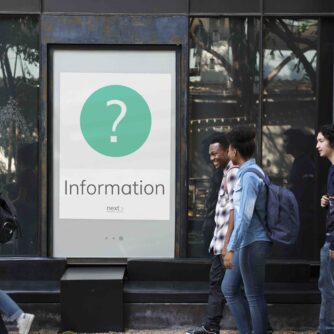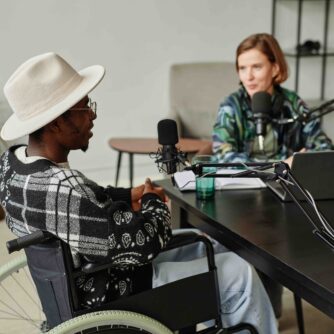Introduction
Healthcare podcasts have steadily grown in prominence as a critical tool for disseminating medical knowledge and expertise. While the benefits to healthcare professionals are substantial, an often underexplored advantage of these podcasts is their role in empowering patients and enhancing public health awareness. This blog post aims to delve into how healthcare podcasts can be a game-changer in shifting the balance of healthcare knowledge towards the general public, thereby fostering a more health-literate and empowered community.
Healthcare in the Information Age
The internet has democratized information, but not all information is created equal. For the general public, the sheer volume of healthcare information available online can be overwhelming and, at times, contradictory. Podcasts serve as an organized, credible source for healthcare knowledge, bridging the gap between medical experts and the lay audience.
Patient Empowerment Through Knowledge
Informed Choices
One of the most crucial aspects of patient empowerment is the ability to make informed healthcare choices. Healthcare podcasts provide accurate, up-to-date information on a wide array of topics from preventive care to the latest treatment options, helping patients become active participants in their healthcare journey.
Easier Conversations with Healthcare Providers
A better-informed patient can have more meaningful and productive interactions with healthcare providers. This not only enhances patient satisfaction but can also lead to improved healthcare outcomes.
Tackling the Taboos
Healthcare podcasts can serve as a platform to discuss stigmatized or seldom-discussed topics. Addressing these issues in an open yet professional manner can demystify them, making it easier for individuals to seek professional help.
Enhancing Public Health Awareness
Reach and Accessibility
Podcasts can reach people wherever they are—at home, commuting, or during leisure time. This flexibility can lead to greater exposure to important public health messages.
Crisis Management
During public health crises such as pandemics or outbreaks, healthcare podcasts can act as a trusted source for disseminating timely and accurate information, debunking myths, and offering expert advice on protective measures.
Community Building
Podcasts often come with a community of dedicated listeners. Such platforms can serve as support networks where individuals share experiences, tips, and resources, contributing to collective learning and wellbeing.
Targeted Information for Specific Groups
Healthcare podcasts can be tailored to specific demographics—like parents, seniors, or those dealing with chronic conditions—providing targeted advice and information that is directly applicable to these groups.
The Future is Here: The Next Steps for Healthcare Podcasts
As technology evolves, so will the capabilities of healthcare podcasts. Advances in personalized AI algorithms and voice recognition can lead to highly personalized podcast content, offering listeners healthcare advice tailored to their specific needs and conditions.
Conclusion
Healthcare podcasts have the potential to be more than just an educational tool for medical professionals. They can empower patients, bridge healthcare disparities, and foster a well-informed, health-conscious community. As we move into an increasingly digitized world, the importance of leveraging such platforms for the greater public good cannot be overstated.
So, whether you’re a healthcare provider, a patient, or simply someone interested in improving your health and wellbeing, consider incorporating healthcare podcasts into your learning regimen. The rewards, as we’ve outlined, are manifold and deeply impactful.
The role of healthcare podcasts in empowering both professionals and the public is a vivid testament to the transformative power of digital media in modern healthcare. And this is just the beginning; the future promises even more exciting advancements that could revolutionize the way we consume healthcare information and make informed decisions about our wellbeing.





